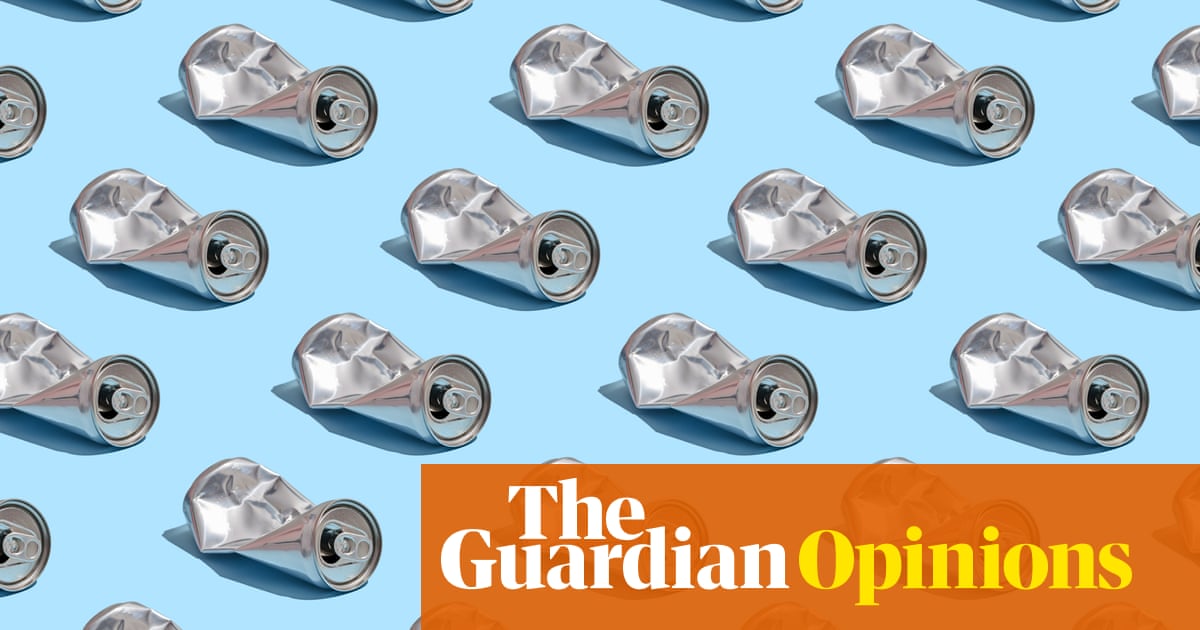
"About 18 months back, British youth were in the midst of a Prime craze. Pushed by YouTube influencers Logan Paul and KSI, this brightly coloured energy drink sparked a buying frenzy that left parents puzzled. Not only by the high price, or the resale sites that took advantage of scarcity and acted as a kind of ticket tout for the beverages, but also the desperation that children and teens apparently felt to consume this product."
"In response to growing health concerns over their consumption, the UK government recently announced that the sale of energy drinks to anyone under the age of 16 will be banned in England. Wes Streeting, the health secretary, pointed to their links to obesity, poor concentration and disrupted sleep patterns as key reasons for the policy. He said: Energy drinks might seem harmless but the sleep, concentration and wellbeing of today's kids are all being impacted, while high-sugar versions damage their teeth and contribute to obesity."
"Sodas fall into this category too, but at the core of the debate about energy drinks is one common stimulant that few of us think twice about: caffeine. Caffeine is a psychoactive drug that activates the central nervous system. While most adults can consume it in reasonably moderate amounts without harm (think of coffee, tea or dark chocolate) children and adolescents process it differently."
Brightly marketed energy drinks prompted a buying frenzy among British youth, driven by social-media influencers and resale scarcity. Retailers stock a wide range of energy drinks often aimed at young people. The UK government announced a ban on sales of energy drinks to anyone under 16 in England, citing links to obesity, impaired concentration, disrupted sleep and dental harm from high-sugar versions. Caffeine, the main stimulant in many of these drinks, is a psychoactive drug that activates the central nervous system. Children and adolescents process caffeine differently because developing brains are more plastic and more sensitive to environmental influences. A US longitudinal study of almost 12,000 nine- and ten-year-olds examined the impact of substances, including caffeine, on brain development over time.
Read at www.theguardian.com
Unable to calculate read time
Collection
[
|
...
]